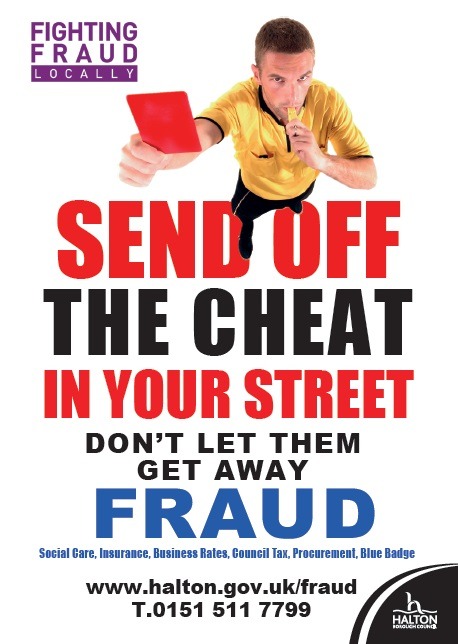Halton Borough Council has launched a local fraud awareness campaign, which highlights the Council’s zero tolerance approach to fraud.
A studyestimated the cost of fraud to local government is £7.3bn per year. Whilst levels of fraud in Halton have historically been low, the Council is not complacent. The campaign will help raise awareness of different types of fraud and also encourage residents to raise any concerns that they may have.
Ed Dawson, Operational Director for Finance, said, “Although fraud is committed by a small minority of people, it can have a huge impact on the delivery of vital services in our community. The Council is committed to making the best use of taxpayers’ money, and this means being committed to identifying and tackling fraud.”
Some of the main types of fraud affecting local government include:
• Council Tax Fraud – claiming single person discount when another adult is living in a property;
• Business Rates Fraud – avoiding paying rates by not declaring that a business is located at a certain address;
• Care Charges Fraud – failing to provide full details of income and savings in order to pay lower care fees;
• Social Care Fraud – exaggerating needs in order to be assessed as requiring more support than is actually needed;
• Insurance Fraud – submitting a claim for an accident that did not happen or exaggerating the effects of an accident;
• Blue Badge Fraud – using a blue badge that belongs to another person;
• Debtor fraud – avoiding repaying money owed to the Council by pretending to be bankrupt or insolvent, or failing to declare income.
• Grant Fraud – misusing funding received from the Council that was intended for a specific purpose.
• Internal Fraud – fraud committed by employees by falsely claiming expense or overtime payments, or providing false information to get a job.
Follow us on Twitter @HaltonBC or ‘like’ us on Facebook www.facebook.com/haltonbc to keep up to date with the campaign.
Members of the public can report suspected fraud online at www.halton.gov.uk/fraud or by telephoning the fraud hotline on 0151 511 7799.


